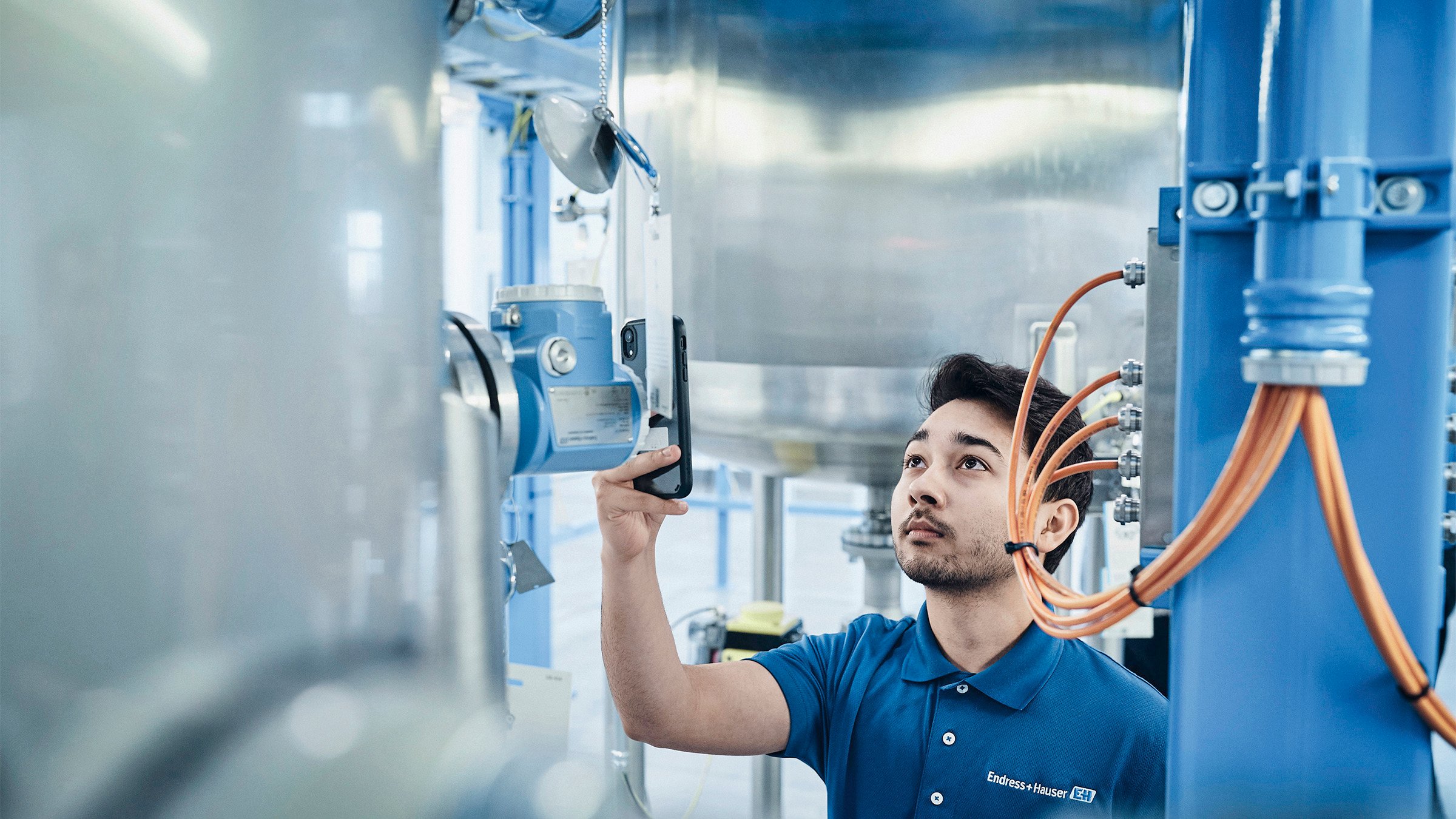By Theresa Houck, Executive Editor
In this interview, I chat with Jason Pennington, Director of Digital Solutions at Rockwell Automation Strategic Alliance Partner Endress+Hauser, about trends affecting the increasing demand for digital transformation in process automation.
Also, learn about advancements in smart process instrumentation technologies and how Coriolis technology is improving operations. Enjoy this Q&A and listen to the “Automation Chat" podcast for the full interview (see sidebar).
Theresa: What trends are influencing the increasing demand for digital transformation?
Jason: We see digital transformation applications for process automation being data and analytics, but we also see different forms of digital transformation, such as business models or production models. Think services and integration of service-to-service, cloud-to-cloud and business-to-business. Digital transformation is part of the culture too, such as how a business is optimized.
The key is this: The more you might be willing to share strategically and securely, do you have an opportunity to create a competitive advantage for yourself and your partners?
Theresa: What are some downsides when a manufacturing leader doesn't take smart connected technology into consideration?
Jason: I think about that when an existing or future customer says, "We’re not going to do cloud. My IT group won't allow it."
My response is, "Have we just not really listened to that customer well enough? Have we not presented the right value? Are we capable of digging out their possible business or operational problems? And are we able to address them beyond the idea of just another company talking about cloud and throwing out buzzwords?"
In some cases, you have to do your homework. Put yourself in the customer's position and understand a little bit about its culture. Every company is different in terms of the boundaries and rules they follow. As a business, we have to consider integrating their business processes with our data and how our data might influence some of the decisions they make about their own operation. And that leads a lot to trust.
Theresa: Is there such a thing as being behind in digital transformation, and should plant managers compare themselves to competitors? How should plant managers measure where they stand with digital transformation?
Jason: This is a subjective reflection. What does it mean to be behind? I think that's a different answer for everyone.




